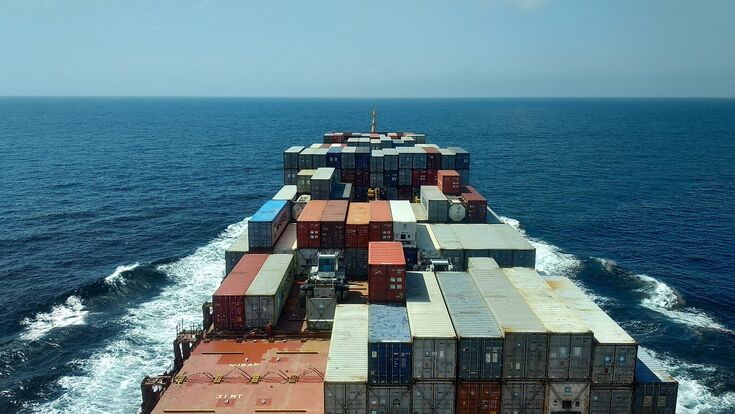Initiative to Revise Waste Shipment Regulations Welcomed : ESWET: Time to Ensure Sustainable Waste Shipments in Europe

Trade association, European Suppliers of Waste-to-Energy Technology (ESWET) has welcomed the EU Commission’s initiative to carry out a revision of the Waste Shipment Regulation as a right step in the path of the European Green Deal. Proper waste management is a key aspect of the green transition.
The organisation explained that over the past decades, exports of waste to non-European countries have rose steadily, pushing the waste issue far away but failing to properly address it. Repeated abuses in international waste shipments have highlighted the need for Europe to take care of its waste under EU environmental standards.
For a pragmatic approach on the matter, ESWET has published a policy briefing with a number of recommendations targeted at an efficient revision of the Waste Shipment Regulation.
- Adopt a proximity approach to waste export, maintaining EFTA countries as a preferential partner.
- Keep the Waste Shipment Regulation flexible enough to ensure the synergy of the waste hierarchy: every level has a role to play in the circular economy for the safe management of waste.
- Further reduce the flow of waste shipped outside of the EU, as sound waste management is often uncertain in non-OECD countries.
- Support the creation of a functioning market for secondary raw materials recovered by the recycling industry and Waste-to-Energy plants.
In order to make waste shipments out of Europe a thing of the past, ESWET argued that Europe needs to further support internal and sustainable waste treatment practices. As waste generation is growing, the need in non-recyclable waste treatment capacity is expected to significantly increase.
The organisation concluded that it is thus crucial for the EU legislators to consider the role of waste-to-energy in the circular economy as a complementary tool to recycling. Otherwise non-recyclable waste would be left with no option for treatment but landfills.
